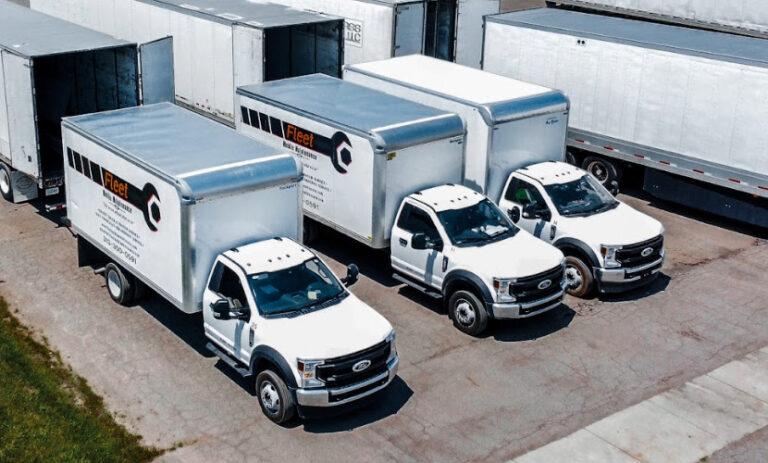Truck Preventive Maintenance: The Key to Avoiding Downtime

Preventing problems is always better than fixing them—especially when it comes to commercial trucks. Truck preventive maintenance is a proactive approach that involves regularly scheduled service to keep vehicles in peak condition. For fleet managers and owner-operators alike, it’s the cornerstone of a reliable, cost-effective trucking operation.
What Is Preventive Maintenance for Trucks?
Preventive maintenance (PM) is a scheduled servicing routine designed to detect and correct potential issues before they become serious. Rather than waiting for something to break, preventive maintenance ensures each system in your truck gets the care it needs at the right intervals.
Benefits of Truck Preventive Maintenance
Increased Safety
Reduces risk of roadside breakdowns or accidents
Lower Long-Term Costs
Prevents expensive repairs due to neglected systems
Improved Fuel Efficiency
Clean filters, tuned engines, and aligned tires save fuel
Enhanced Vehicle Reliability
Keeps delivery times on schedule and customers happy
Better Compliance
Satisfies DOT inspection and record-keeping requirements
Creating a Preventive Maintenance Schedule
The best PM programs are tailored to the truck’s make, model, usage, and mileage. Common intervals include:
Every 5,000–7,500 miles: Oil changes, fluid checks
Every 15,000–30,000 miles: Brake inspections, transmission service
Every 50,000+ miles: Suspension checks, air system inspections
Essential Preventive Maintenance Tasks
Engine Oil and Filter Changes
Brake Pad and Rotor Inspections
Transmission Fluid and Filter Replacement
Tire Rotation and Pressure Checks
Cooling System Flush
Battery Testing
Light and Signal Inspections
Using Fleet Management Tools
Modern PM programs rely on software to track mileage, schedule service, and store records. These tools:
Send alerts when service is due
Log maintenance history
Help meet DOT audit requirements
Conclusion
A solid truck preventive maintenance program protects your assets, supports your drivers, and improves your bottom line. Don’t wait for a breakdown—invest in prevention, and enjoy smoother operations and fewer surprises on the road.
- Art
- Causes
- Crafts
- Dance
- Drinks
- Film
- Fitness
- Food
- Jogos
- Gardening
- Health
- Início
- Literature
- Music
- Networking
- Outro
- Party
- Religion
- Shopping
- Sports
- Theater
- Wellness



